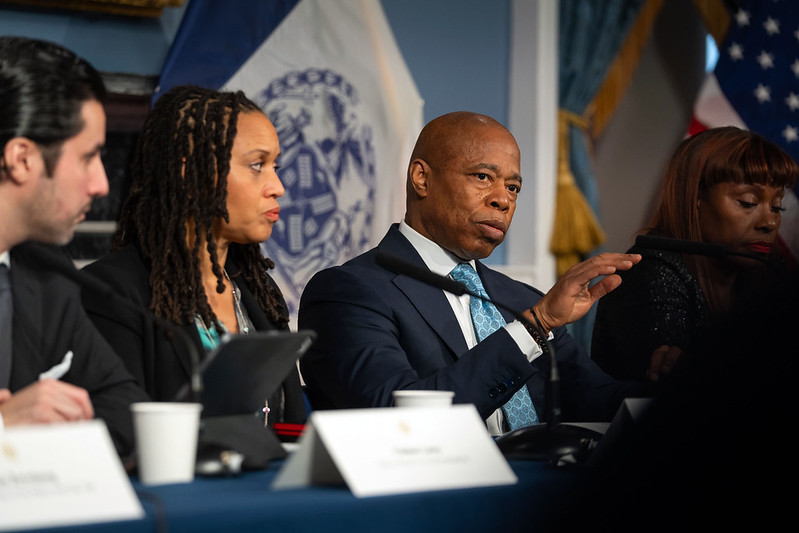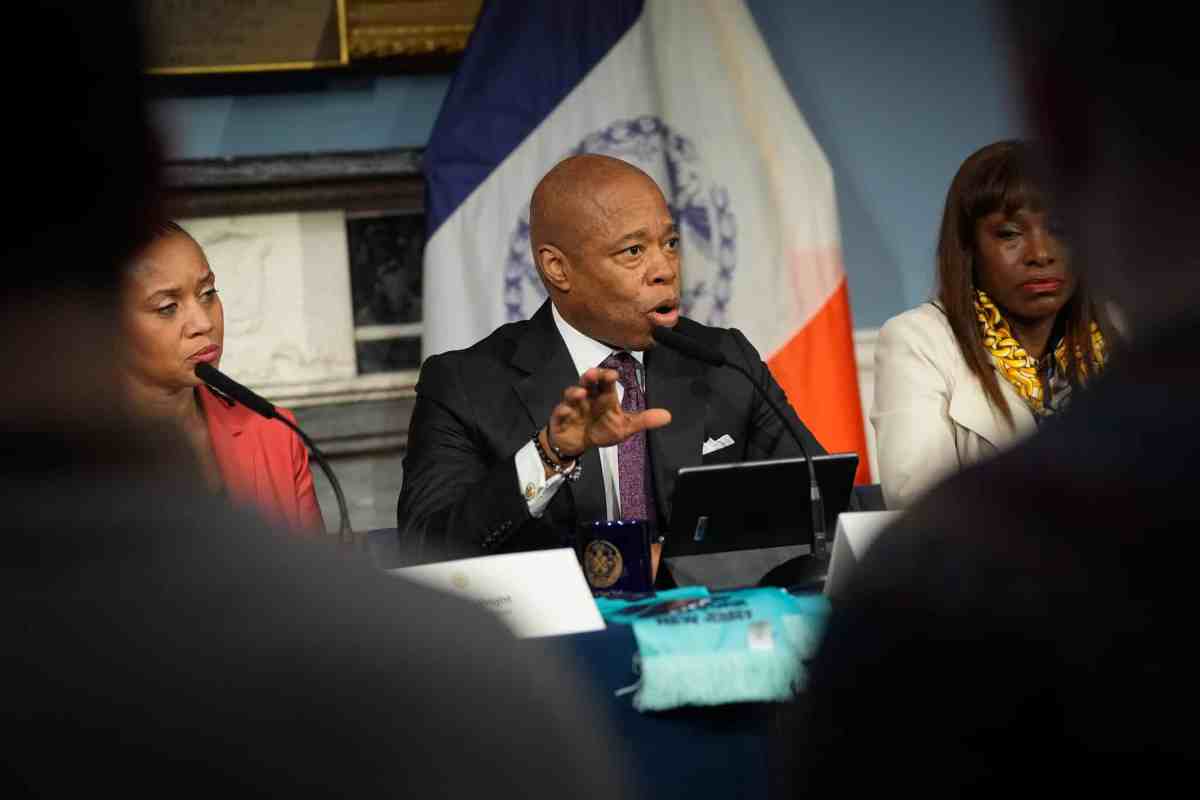By Kevin J. Ryan
As the technology that connects us constantly evolves, the core skill of written communication is the one constant foundation on which good technological communications must be built. However, public relations professionals, especially those working for a public figure, need to be proficient at using all the latest means of delivering their message. Today’s communications toolbox includes web sites, press releases, blogging, email, Facebook, Twitter, web analytics, YouTube, Digg and search engine optimization.
Demand the Brand
The names of celebrities are brands, like Nike or Apple. They differ from corporations, however, because they are each a personal brand. Public figures must promote and protect that brand even more rigorously than a corporation, because their own name is much harder to rehabilitate once it is damaged. Rock stars, movie stars and athletes are all personal brands, but politicians are under greater scrutiny.
A cautionary tale for politicians using social media is that of former Congressmember Anthony Weiner. The Weinergate flap ended his career and handed the district back to the Republicans. A company can introduce new products or change executive leadership to recover from a controversy, but a politician has no such luxury. The speed and effectiveness of social media is a double-edged sword. What takes seconds to post can cling to a public figure forever.
The Social Media Advantage
Twitter and Facebook are essentially short-form messaging platforms. A brief (140 characters) text message or “microblog,” often accompanied by a link, is all that fits in a Tweet. Facebook allows one to show and see a bit more, which can be better or worse. Like any format of writing, it’s as effective as the writer makes it. The text needs to catch the reader’s attention so that he or she will want to click on the link or follow the poster. A politician or campaign can waste a lot of time on Facebook or Twitter with little reward, if they’re not careful. As with all media, judicious use is key.
Candidates and officials from both parties have embraced the Internet and its social media tools to stay in touch with their constituents and keep them informed. Councilmember Eric Ulrich’s recent State Senate campaign was announced with YouTube, rather than an old-fashioned press conference. The video was distributed via social networking, such as Ulrich’s Twitter and Facebook accounts. Newspapers and bloggers immediately picked it up that morning.
One of the main uses of Twitter and Facebook is to push traffic (“hits”) to a blog/web site, where constituents should be able to see pictures, videos, full-length articles, press releases and biographical information on a candidate.
The traffic can be monitored with tools like Google Analytics, allowing staff to see which Tweets and Facebook posts are most popular. This is especially useful for a politician, because it enables him or her to gauge which issues are most important to voters.
Monitoring programs also allow users to see where the traffic is coming from and which links are being clicked, so a campaign can decide which news outlets or advertising opportunities are most effective. They can see referral traffic, where it’s coming from and where it’s being sent. Analytic programs are among the most useful, cost-effective weapons in the social media arsenal.
Google recently launched a new marketing campaign called Four Screens to Victory, as both a promotion for their technology and a tutorial on how to use it to reach voters via TV, computer, tablet and phone.
Another advantage to Internet-based communication is the timing. When voters look at Twitter, Facebook or a site like Google, they are receptive to messages and want to connect and gain information. More traditional media, like TV, radio and paper mailings often catch people when they’re either much less receptive or otherwise occupied. They can also bookmark, come back and look at a politician’s Tweet, blog or Facebook page at their convenience. That means the presence is long-term and cost-effective, especially for local politics.
Accept No Substitute
Twitter and Facebook are merely tools that will someday go the way of Betamax and MySpace. But the essential core communication skills necessary to make productive use of these tools will always be the same. Skill at writing, regardless of length, format or purpose is what drives a successful public relations campaign. The message needs to be clear, consistent and engaging.
All of these techno-tools can be learned fairly quickly, but there will never be a substitute for knowing how to write a good article, paragraph or line. Good writing is much harder to learn and far more valuable as it disappears from the world. Our Queens community leaders must balance both and continue to adapt to the ever-changing technological landscape.
































